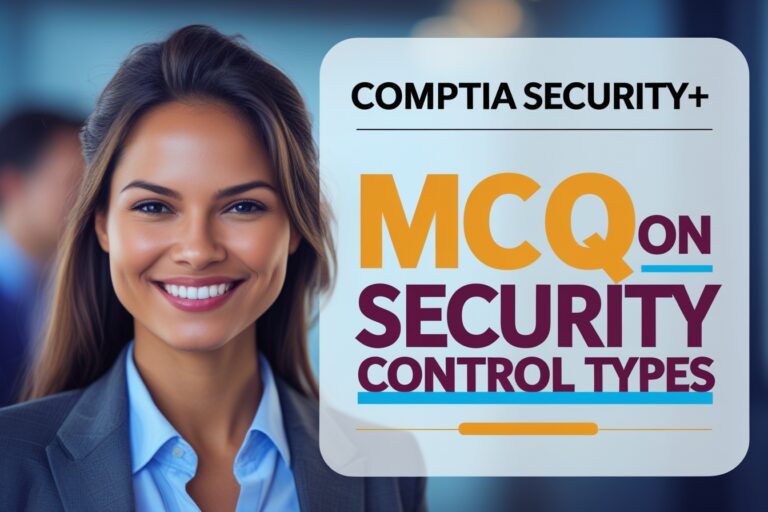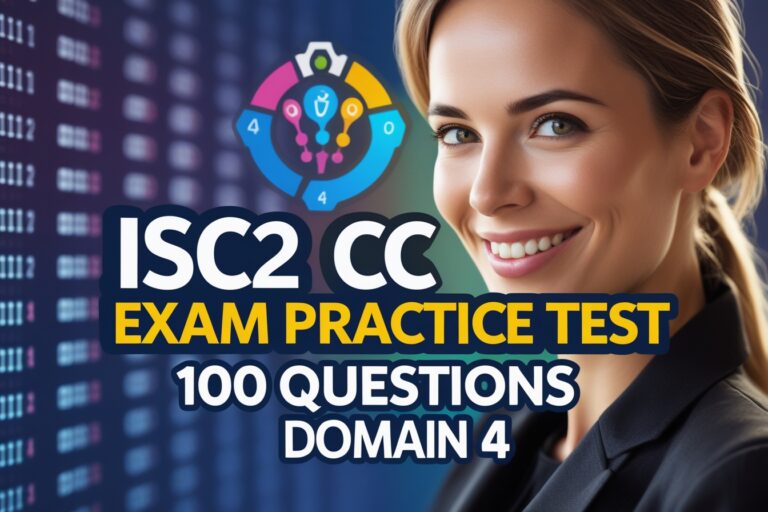1. …………………… is a procedural extension of Oracle – SQL that offers language constructs similar to those in imperative programming languages.
A) SQL
B) PL/SQL
C) Advanced SQL
D) PQL
2. ……………….. combines the data manipulating power of SQL with the data processing power of Procedural languages.
A) PL/SQL
B) SQL
C) Advanced SQL
D) PQL
3. ………………. has made PL/SQL code run faster without requiring any additional work on the part of the programmer.
A) SQL Server
B) My SQL
C) Oracle
D) SQL Lite
4. A line of PL/SQL text contains groups of characters known as …………………..
A) Lexical Units
B) Literals
C) Textual Units
D) Identifiers
5. We use …………………… name PL/SQL program objects and units.
A) Lexical Units
B) Literals
C) Delimiters
D) Identifiers
6. A ……………….. is an explicit numeric, character, string or Boolean value not represented by an identifier.
A) Comments
B) Literals
C) Delimiters
D) Identifiers
7. If no header is specified, the block is said to be an …………………. PL/SQL block.
A) Strong
B) Weak
C) Empty
D) Anonymous
8. …………. is a sequence of zero or more characters enclosed by single quotes.
A) Integers literal
B) String literal
C) String units
D) String label
9. In ……………………, the management of the password for the account can be handled outside of oracle such as operating system.
A) Database Authentication
B) Operating System Authentication
C) Internal Authentication
D) External Authentication
10. In ………………………. of Oracle, the database administrator creates a user account in the database for each user who needs access.
A) Database Authentication
B) Operating System Authentication
C) Internal Authentication
D) External Authentication
Answers:
1. B) PL/SQL
2. A) PL/SQL
3. C) Oracle
4. A) Lexical Units
5. D) Identifiers
6. B) Literals
7. D) Anonymous
8. B) String literal
9. B) Operating System Authentication
10.A) Database Authentication
Read Next: MCQ of PL/SQL and Oracle With Answer set -2
Read More: Collections of DBMS MCQ questions
Download: Free PDF E-book of DBMS MCQ questions






